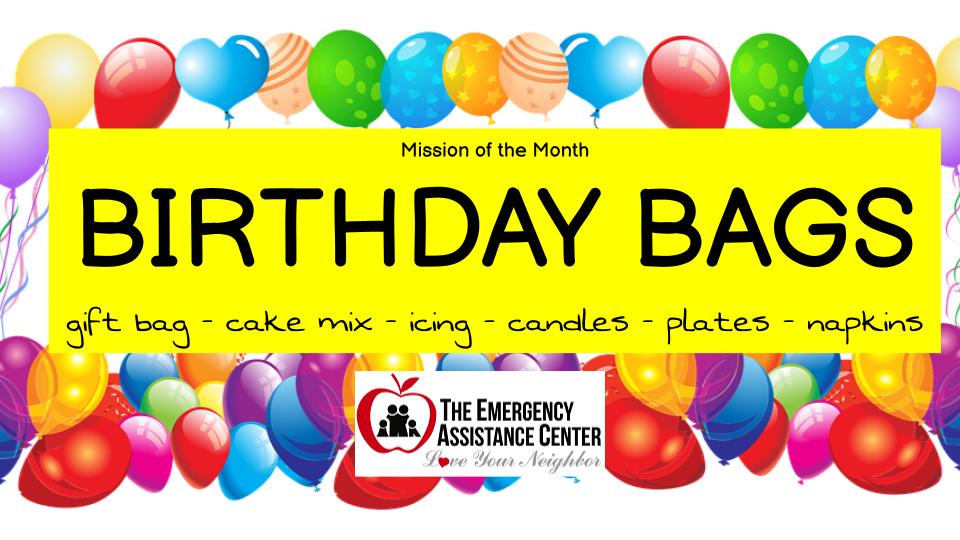1 Kings 12:1-17, 25-29
The topic of our conversations, often in sports, is who is the greatest player today and of all times. G.O.A.T. is the question we often speculate upon.
That is also a theme in the Bible, and as often is the case, the Bible’s view of a topic is often the opposite of the culture that we are immersed in. That is the case with our text this week. Solomon has died, and his son Rehoboam is ready to take the crown over all the tribes of Israel. He is asked about what his administration will be like, especially in contrast to some of the excesses of his father. As the king, would he be a servant for God’s people, or would he be like the other kings of the nations, and see his will as the divine will. His elder counselors advised him, “If you will be a servant to this people today and serve them and speak good words to them when you answer them, then they will be your servants forever.”
Humility is such a difficult character quality. Yet, humility is required for us even to enter the kingdom of God, it is required for our walk with God, and without God will oppose us in our endeavors. Humility was the nature of Christ Jesus, the servant of all, the one that gave his life for many.
Rehoboam’s pride split the kingdom of Israel. Jeroboam became king of the northern tribes and led the people into apostasy that eventually brought God’s judgment by the Assyrians. Just think of all the heartache, pain and loss of life that flowed from Rehoboam’s lack of humility. Often the same thing happens to us. Our pride alienates us from those that we should love, and harms those that are closest to us. Many churches are closed to day because of a lack of humility in times of trial.
Throughout the biblical record, the words of James 4:10 are proven to be true: “Humble yourselves before the Lord, and he will lift you up.”
Pastor Greg




